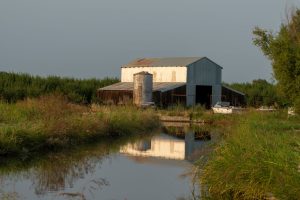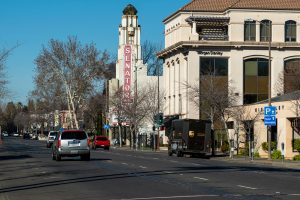By Bruce Houdesheldt
With the number of dry days in 2022 piling up like the historic December 2021 snowpack, NCWA continues to convene the North State Drinking Water Solutions Network (Network), with a forum this week to identify actions and funding needed to help communities experiencing dry wells and safe drinking water issues.
More than 60 representatives from local government, water systems, nonprofit technical providers, community representatives, landowners, and others interested in advancing drinking water solutions joined the two-hour webinar to hear from the State Water Resources Control Board and the Department of Water Resources on state funding and technical assistance opportunities for drinking water, including Safe & Affordable Funding for Equity and Resilience (SAFER) and Groundwater Management and Drinking Water Well Principles and Strategies. The Rural Community Assistance Program (RCAC) also discussed the work underway for non-profit technical assistance and training programs available to small water systems and schools. Placer County Water Agency described its efforts to consolidate various water systems and local representatives from Butte and Yolo County discussed the ongoing efforts to ensure access to safe drinking water to schools and small community water systems. For an example, see actions by Glenn County in the Fall of 2021.
Bryce Lundberg, the Chair of the NCWA Board of Directors, started the discussion with the commitment from the NCWA Board of Directors and staff to advance comprehensive solutions to address drinking water problems in our local communities and continuing to implement the water quality protection programs underway to Ensure High Quality Water in the Sacramento River Basin for Communities, Ecosystems, and Farms.
See the webinar here.




All Californians have a right to safe, clean, affordable and accessible water under the “human right to water” established in state law in 2012. Significant progress has been made over the past decade to provide safe drinking water to communities in the Sacramento Valley, thus removing them from the State Water Board’s list of at-risk communities. This progress has been impressive; yet, there is still work ahead as successful implementation of sustainable drinking water solutions for certain communities will require utilization of both the policy tools and financial resources available to state agencies as well as the knowledge and expertise of local communities and water managers. See the current State Water Board’s SAFER Drinking Water Systems with Violations Tool.
The Network is designed to help connect communities in Northern California with new opportunities available for assistance and funding, with the goal of ensuring access to safe drinking water for all communities. Moving forward, NCWA will continue to regularly convene the Network to enable interested parties to further coordinate their efforts and advance safe drinking water solutions in Northern California.
For more information, see the short film on Ensuring High Quality Water in the Sacramento River Basin for Communities, Ecosystems, and Farms.




